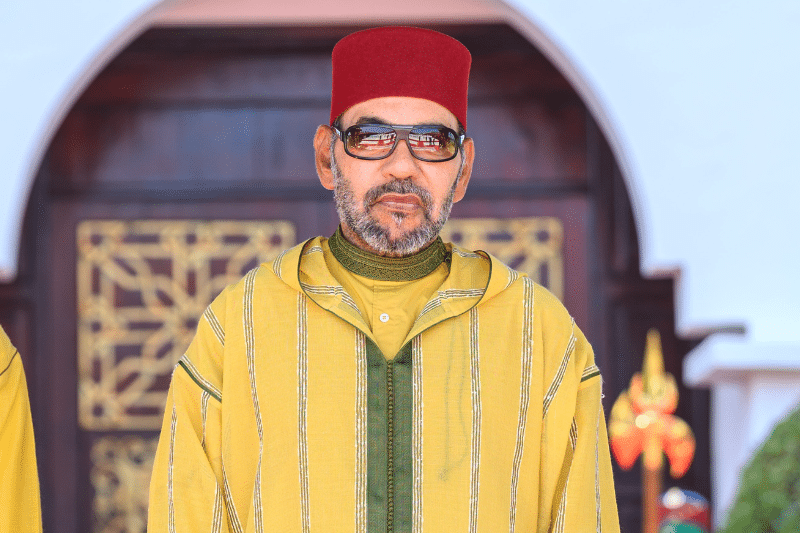
On the occasion of the Revolution of the King and the People, King Mohammed VI has granted clemency to 881 individuals, a decision that reinforces the longstanding tradition of royal pardons during major national celebrations.
The Ministry of Justice announced that the royal decree covers 676 prisoners and 205 individuals who are currently free. Among those in detention, nine received a full pardon for the remainder of their sentences, while 667 had their prison terms reduced.
The beneficiaries come from diverse backgrounds, reflecting the monarch’s commitment to offering a second chance to citizens across the country.
For those not in custody, the measures vary: 38 individuals were granted partial or total pardons on their prison sentences, ten saw reductions in their sentences while retaining fines, and 142 were fully exempted from paying previously imposed fines.
Thirteen benefitted from a double remission covering both their sentence and fines, and two had both the remainder of their sentence and fines cancelled.
The announcement, disseminated via state media, included a customary invocation for the divine protection of the sovereign and the royal family, highlighting the institutional and religious significance of the act.
Royal clemency in Morocco serves not only as a judicial measure but also as a political and social instrument, combining justice with compassion. Analysts note that such gestures strengthen the moral authority of the monarchy while fostering reconciliation and solidarity within Moroccan society.
This latest round of pardons follows King Mohammed VI’s speech on Throne Day in July, in which he emphasised the historical importance of unity and societal cohesion. The timing underscores the symbolic weight of royal clemency during national holidays, aligning legal measures with broader cultural and political objectives.
By balancing legal authority and social goodwill, these pardons reinforce the enduring role of the monarchy as both a moral and governing presence in Morocco.



